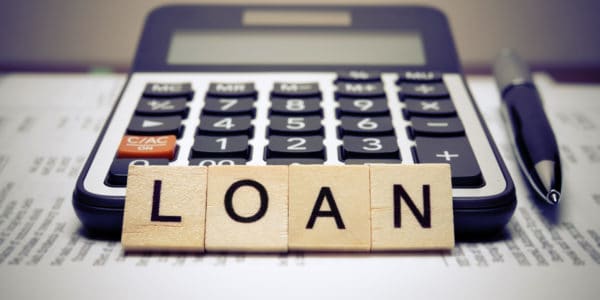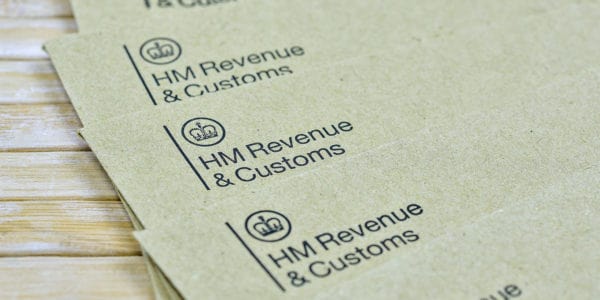An accounting reference date (ARD) is the end of a limited company’s financial year. It represents the date on which a company must make its annual financial accounts up to.
Normally, a company’s ARD falls on the anniversary of the last day of the month of incorproation. For example:
- You incorporate a company on 7 July 2024
- Your accounting reference date is 31 July
- The company’s first ARD will fall on 31 July 2025
- The ARD will be the same date every year unless you choose to change it
Any changes to the accounting reference date will affect the length of the company’s financial year.
What is the financial year of a company?
A company’s first financial year begins on the date that it’s incorporated at Companies House. It ends on the accounting reference date. Companies must prepare annual accounts for both Companies House and HMRC to report all financial activity that takes place each financial year.
The financial year for most limited companies covers a period of 12 months, with the exception of the first year after company formation. The first financial year for most companies is slightly longer than 12 months because the ARD falls on the anniversary of the last day of the month of incorporation.
For example:
- If your register a company on 7 July 2024, it will have an accounting reference date of 31 July 2025. Therefore, your company’s first financial year will cover a period of 12 months and 24 days
- The company’s second financial year will run from 1 August 2025 to 31 July 2026, which is exactly 12 months
- Each subsequent financial year will cover the same 12-month period, unless you choose to shorten or lengthen it by changing your accounting reference date
How do I get an ARD?
Companies House will determine your ARD and notify you soon after incorporation. If you register your company online through Companies House Web Incorporation Service, you should be notified by email.
You can also find your ARD listed on Companies House service. This is an online search facility that provides public access to company information. It is free to use.
If you register a company online through Quality Company Formations, you’ll find your ARD in your account in our Client Portal.
What is the purpose of an accounting reference date?
An ARD signifies the last day of your company’s financial year (your ‘financial year-end’). At the end of each financial year, you must:
- prepare full (statutory) annual accounts
- send a copy to every shareholder in the company
- deliver a copy of the accounts to Companies House
- deliver a copy of the accounts to HMRC as part of your Company Tax Return
Annual accounts are used to report your financial activity for the year, up to and including the accounting reference date. You’ll need to refer to these accounts when working out how much profit or loss your company has made and how much tax the business owes.
Changing your company’s accounting reference date
You can change your company’s ARD after company formation if you want to extend or shorten your 12-month financial year. However, you can only do this before the accounts filing deadline for your current or immediately previous financial year. If your accounts are overdue, you won’t be able to change your ARD at that time.
The deadline for sending accounts to Companies House is 9 months after your company’s financial year-end. Therefore, any changes you wish to make to your company’s financial year must be done before this deadline. When you change your financial year, the filing deadline for delivering your accounts will change accordingly.
Shortening your company’s financial year
Companies are permitted to shorten their financial year as many times as they like by as many days as they like. You can even shorten it by as little as one day. The exception is with your first set of accounts, which should cover a period of at least 6 months.
When you change your ARD, your company’s financial year will end on that date every year thereafter unless you make further changes. To approve the change, the directors must pass a resolution. You can do this at a board meeting or in writing.
Extending your financial year
You can extend the length of your company’s financial year by up to 18 months (or longer if your company is in administration). However, you can only do this once every five years. Companies may only lengthen the financial year more than once in a five-year period if:
- the business is in administration
- the dates are being aligned with a subsidiary or parent (holding) company
- Companies House grants special permission to do so
Again, the directors will need to pass a resolution to approve any extension of the company’s financial year.
How to change your ARD at Companies House
To change your financial year-end and report it to Companies House, you’ll need to provide the following information online or by postal application:
- Company registration number
- Registered company name in full
- Date of accounting reference period (this is the current or immediately previous accounting period for which your annual accounts are not yet overdue)
- New accounting reference date
- Signature of director, company secretary, or other authorised individual
You can submit this information on Companies House Form AA01 ‘Change your company accounting reference date’. Completing and filing the form online is the easiest option, but you can also download and post the form to Companies House, if required.
You may also report a change of ARD online using Quality Company Formations Client Admin Portal. This service is free of charge.
Companies House process most online changes within a few of hours. The information will then be updated on the public register immediately thereafter. Postal changes take significantly longer.
Is my financial year the same as my accounting period for Corporation Tax?
An accounting period for Corporation Tax is determined by HMRC for the purposes of preparing a Company Tax Return and paying Corporation Tax. Your company’s financial year and accounting period for Corporation Tax are not the same, although they do often align with one another.
Unlike the financial year of your company, the accounting period does not begin until your company is ‘active’ (i.e. it has started trading or receiving some other form of income). Your company will be active from the date of incorporation if you start trading immediately. In this situation, your financial year and accounting period will start on the same day.
However, not all companies start trading straight away. If your company is inactive for a period of time after incorporation, your Corporation Tax accounting period will start at a later date. When your company does become active, you must tell HMRC within 3 months.
You’ll notify HMRC by registering online for Corporation Tax. HMRC will then confirm the start date of your accounting period. It will end on your ARD, just like the annual accounts. The financial activity you report in your accounts will then be used to work out how much Corporation Tax your company owes for that period.
Please note that the information provided in this article is for general informational purposes only and does not constitute legal, tax, or professional advice. While our aim is that the content is accurate and up to date, it should not be relied upon as a substitute for tailored advice from qualified professionals. We strongly recommend that you seek independent legal and tax advice specific to your circumstances before acting on any information contained in this article. We accept no responsibility or liability for any loss or damage that may result from your reliance on the information provided in this article. Use of the information contained in this article is entirely at your own risk.






Join The Discussion